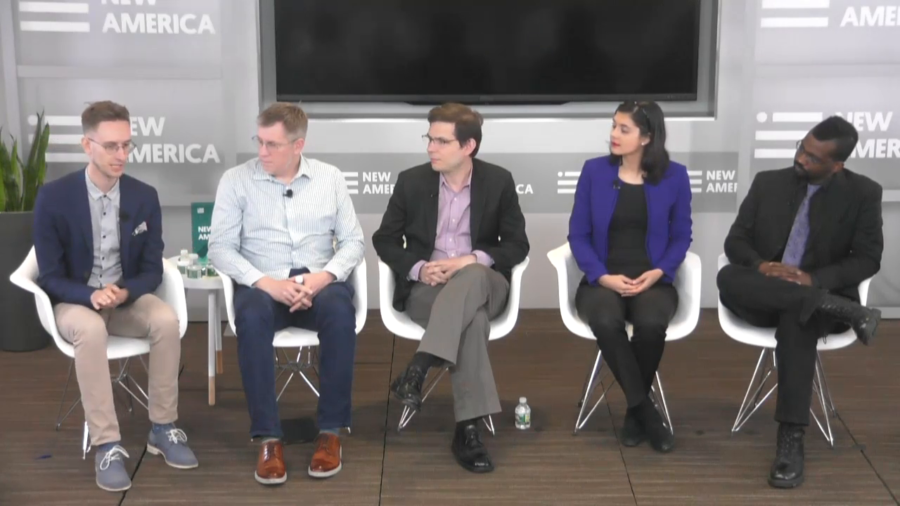What I hope we can do in this panel is have a slightly more literary discussion to try to answer well why were those the stories that we were telling and what has been the point of telling those stories even though they don’t now necessarily always align with the policy problems that we’re having.
Archive (Page 2 of 4)
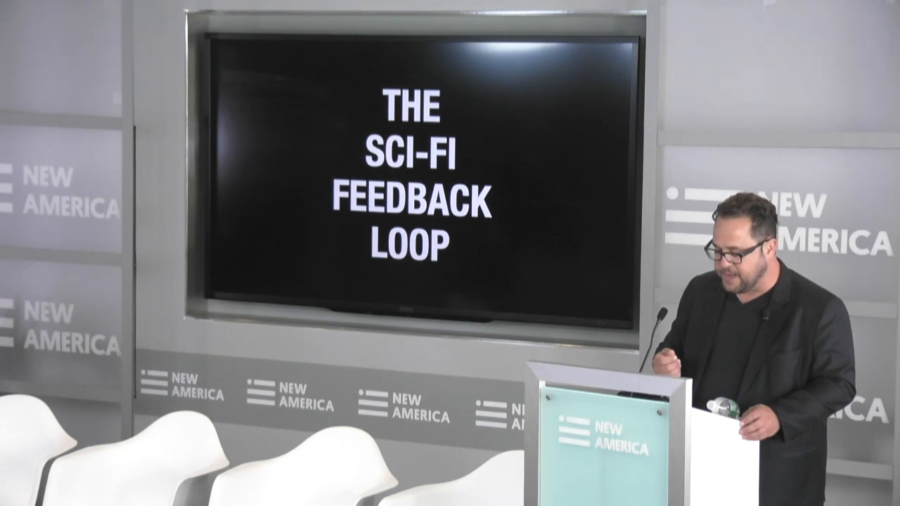
We’re here because the imaginary futures of science fiction impact our real future much more than we probably realize. There is a powerful feedback loop between sci-fi and real-world technical and tech policy innovation and if we don’t stop and pay attention to it, we can’t harness it to help create better features including better and more inclusive futures around AI.
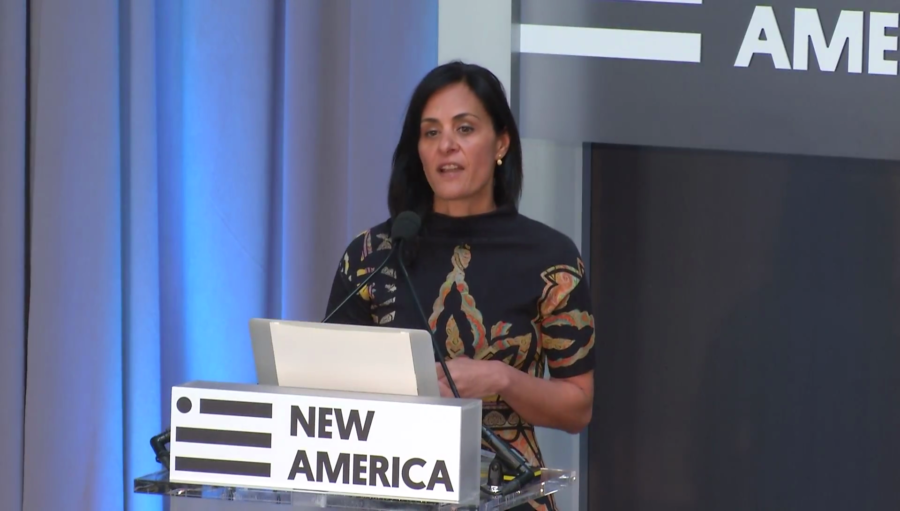
We have basically lost control over our network. All of the advances that have made our lives more productive, more accessible, more connected, have fundamentally disintermediated our ability to protect our environments. The democratization of information, of technology, of goods and services, of banking, of financial transactions with blockchain etc., means every aspect of our lives has become accessible and therefore vulnerable.
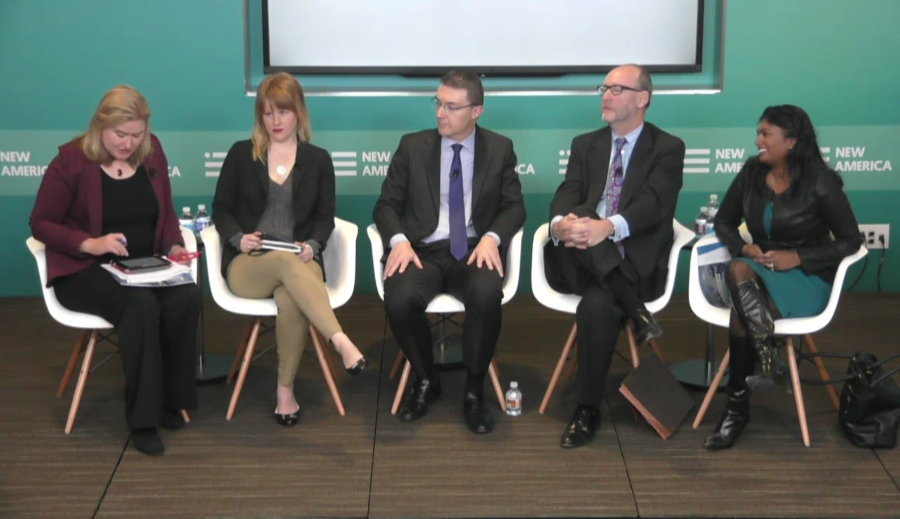
In addition to freedom to connect, there also needs to be the ability to connect, and that we need to model best practice at home and around the world, and the policies that relate to that.
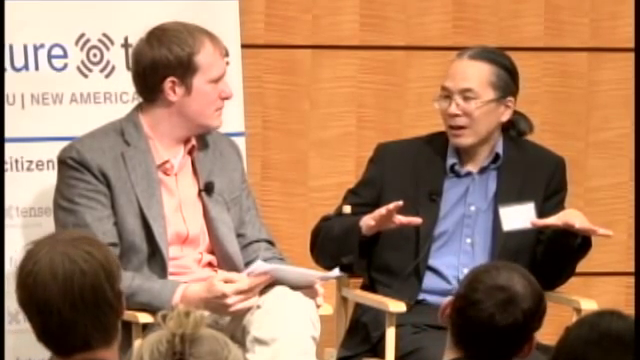
There’s already a kind of cognitive investment that we make, you know. At a certain point, you have years of your personal history living in somebody’s cloud. And that goes beyond merely being a memory bank, it’s also a cognitive bank in some way.

The next President is probably going to have to deal with some very difficult economic times. The housing market is starting to look like a bubble. There’s a possibility of that bubble bursting. We’ve been there before.

If I had to suggest one job for the next President to do for a day, it would be to take on the role of a military spouse whose wife has deployed abroad.

The diminishing trust that people have in their institutions of governance. Toward their system generally. That is the issue that has to be addressed.

